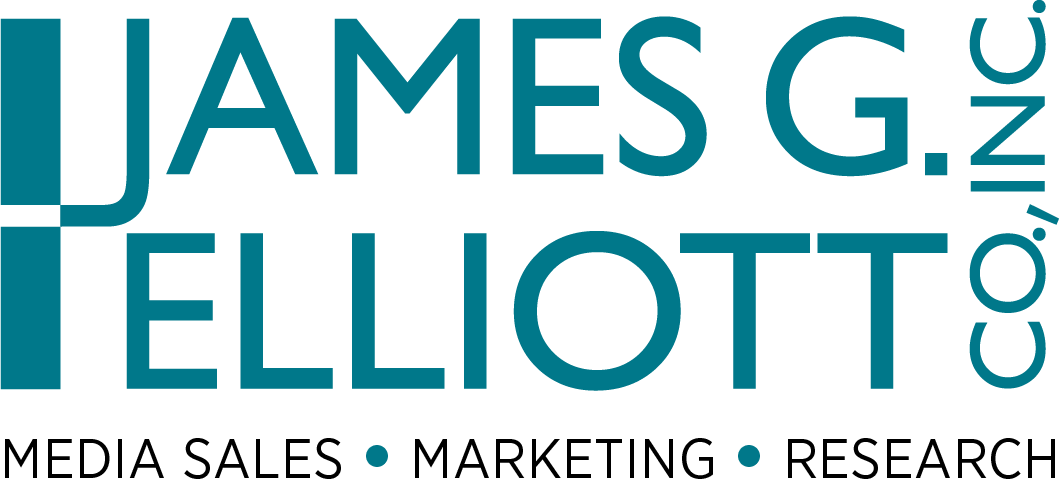MARCH 2, 2023
BY RONN LEVINE
BIMSMEDIA
In a Keynote Panel at BIMS 2023 on Feb. 24, Jim Elliott of James G. Elliott Co., Inc. steered an all-star panel through an insightful, 55-minute discussion that touched on all of work’s biggest issues in 2023.
Kevin Turpin, president of the National Journal, Terri Travis, vice president of human resources, Industry Dive, and Nick Schacht, chief global development officer, SHRM, talked about the processes, pomp and circumstances of in-office vs. remote work—with Elliott asking just the right questions
One thing quickly became clear: It’s not a one-size-fits-all blueprint.
“To me, it became clear that many HR issues have become C-Suite issues,” Elliott began. “There are no cookie-cutter solutions to challenges like managing in-office vs. remote work, taxes, company culture, HR laws that vary from state to state, and so on. Leaders must be aware of HR issues that will impact them.”
“Running a hybrid company brings challenges,” Turpin said. “Trying to manage a group that is in the office sometimes. There’s a fairness perspective [with in-person people vs. remote], but more importantly from a communications standpoint.
“People under 30, or even 27, they have very specific ideas about where they want to work,” Turpin added, pointing to the challenges of recruitment and retention. Skills development is crucial. Can that be done remotely? “They’re trying to be a professional.” Can that be fully accomplished without in-person interaction?
“We’re going back to the office two days a week,” Travis said. The most important question for her is, “’What is the purpose of going to the office?’ We’re trying to take the best of both worlds. We had a great onboarding process onsite and now pivoted to a great onboard experience remotely. You can’t rest on your laurels on how you execute those.”
Schacht somewhat downplayed this new work order. “We’ve always changed,” he said. “Some of us have been connecting from the road for 30 years. You learn to use new tools. We can hold on to things that we know.
“Look at the range of generations; there’s like six generations now in the workplace. Flexibility is one key thing. At SHRM, we’re doing three days in office, two at home. Adults will be adults. If you have a doctor’s appointment, go to that. We can add flexibility. But what is it particularly that young people want?”
“Each generation looks at something differently,” Travis said. “The similarity is that people want autonomy.”
“Leaders must embrace diversity of life-experience, including generational groups, and avoid the tendency to always impose their own generational biases,” Elliott said.
The panelists agreed about the positives of a bigger talent pool. “We can hire better talent than we could before,” Turpin (pictured) said. But it brings complications. “Where people work from now matters, given the tax laws. We now have a 135-person business registered in 12 states. Taxes is one thing but then being up on labor laws is another. It brings a level of risk. Does it really make sense [for us] to be registered in Minnesota? We have one employee there but when he leaves…
“The crystal ball is cloudy and clear,” Turpin continued. “What’s clear is we’re in a period of change. As a leader, you have to operate more in empathy and truth, and make choices [from those places]. Work can get done in different ways, but you still have to do the work.”
“Making sure we hold on to those processes,” Travis said. “In terms of frontline managers, that’s really key. That’s the group that will connect your culture to performance. You have to make sure we’re setting them up for success.”
Schacht agreed. “Things are changing more rapidly all the time. You can’t predict five years out. So you have to build processes that will keep us from moving too quickly.”
“We now do formal reviews twice a year,” Turpin said. “So the staff always knows where they stand. People who are top performers, we know we want them growing here.”
“Make sure you’re setting goals for people,” Travis said, pointing to the importance of leadership acceleration programs.
The subject changed to culture and the acquisitions that Industry Dive made—before being acquired itself by Informa last year. “Every action is different. There’s no cookie-cutter solution” for pulling different cultures together, Travis said. “You’re pulling the best of both companies. You’re acquiring [a company] for a reason. Sometimes you have to move slow to move fast. Our company is not hierarchical. Our CEO sits in the middle of the newsroom. Some people aren’t used to that.”
“Culture has to be important in any acquisition you make,” Schacht said. “What’s going to happen to the name and all that? Having communication that is consistent. We acquired two companies. Are these people going to be required to come in three days a week now. Yes, if you’re in the area. That still is the mother ship. If you re honest with it, people at least know what to expect.”
Travis spoke of a mistake they made with PTO, moving one set of personnel into the rules of another. Staff wasn’t happy, and they learned from it. “We earned a lot of points with our team that we were willing to make that change.”
Of course, artificial intelligence came up, as it did throughout BIMS. “AI will be good for efficiency,” Turpin said. “The nuance side of AI we don’t know—in recruiting, people management. But it’s certainly entering our businesses.”
“Where AI excels is in getting to think about things we didn’t think about before,” Schacht said. “AI is helping to tell me what to do.”
Last but in no way least, Turpin spoke of the importance of DEI. “Diversity is here; it’s not just the color of our skin, but experiences. It’s something we have to embrace. It can’t just be something we’re checking the boxes on. The majority of high school grads last year were people of color. It has to be infused into how we’re running our businesses.”
“People fear change,” Schacht said. “You have to make it okay to fail, provided they fail fast, smart and not repeatedly. The opposite of change is death.
“When we start labeling people and generations, we do ourselves a disservice. What I find useful is, what are the capabilities and competencies that can help a company grow? If we start focusing on language that way, we focus on people more. People want to know where they can find expertise.” That can come from the “oldest or youngest in an organization,” he said.
Asked about respecting the older employees in a company, Turpin suggested asking them to be mentors. “We do a lot of honoring of our staff,” he said.
“Consistency combats bias,” Travis added.
“I learned a lot about issues that affect my own multi-state operation from this discussion,” Elliott concluded.
Reprinted with permission from the newsletter of the AM&P Network

















